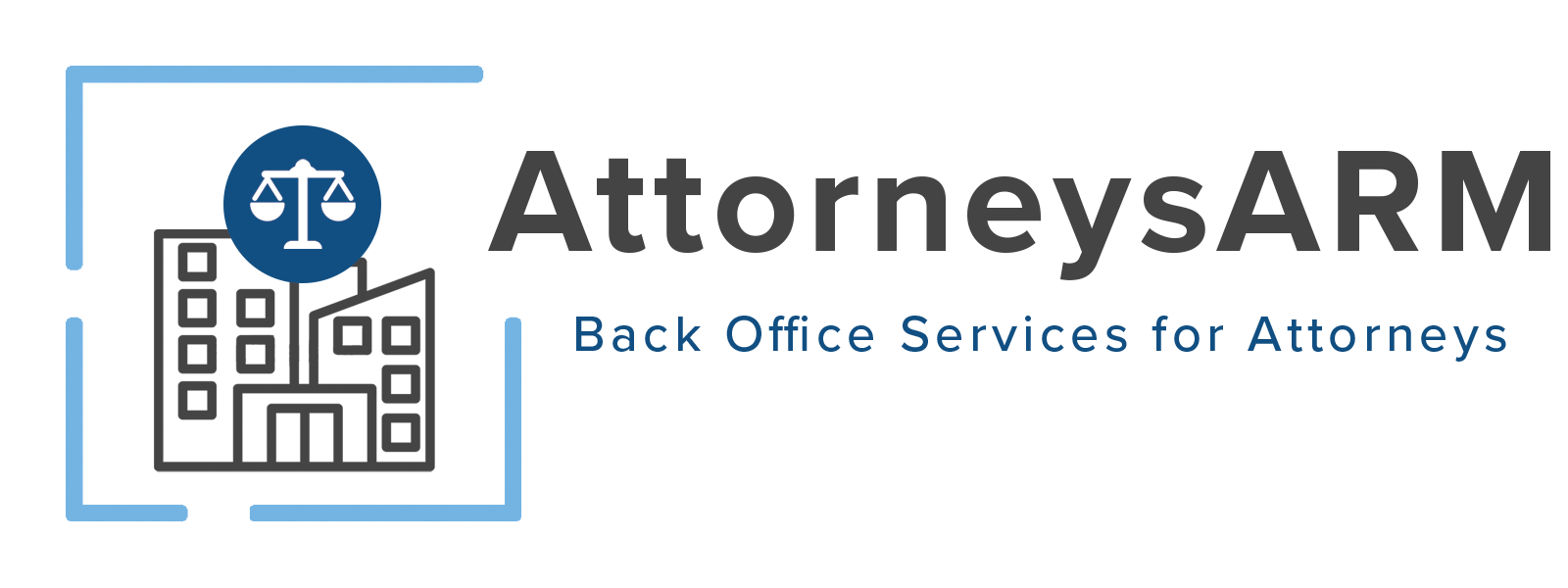Technology has made it easy to keep in touch with family and friends. Social media sites like Facebook, Instagram, and Twitter make it easy to check in with our loved ones every day. The downside to this method of staying connected is that our private lives have turned into public lives. With an ever-increasing number of social media sites, people spend more time online than even just a few years ago. And many people tend to make their profiles, along with their contact information and their posts, public instead of private. This makes social media an important tool for businesses that need to collect on past due accounts.
For learning purposes, we will refer to Facebook as the main social media website in this article. Facebook is extremely popular and is used by people worldwide. According to WordStream, Facebook has 1.32 billion active users. Active, according to the site, means people who log in to Facebook on a daily basis. Additionally, 79% of Americans have a Facebook account. Keep in mind that social media websites will have their own policies related to privacy, as do certain industries. For example, most states have regulations set by the State Bar for lawyers who are using social media. However, you can search any social media site in the hopes of finding a profile for the account holder that hasn’t paid their bill. If you’re lucky, they won’t make their contact information private. This is helpful because you’re able to ensure that you have up-to-date or additional contact information.
Start with Facebook
Facebook is very user friendly. When people sign up for an account, they don’t necessarily think about making all of their information private or for “friends” only. They just start posting their private lives. Their contact information is available for anyone to see on or off Facebook. Facebook has taken precautions by prompting new users to change their settings, but many people do not heed the prompt and continue to keep their information public.
Once you’re logged in, use the search bar at the top. You can look people up by name and sometimes even by phone number. While Facebook has a policy that requires people to use their real name, there’s no real way for Facebook to totally enforce that. If you can’t find the person you’re looking for, consider looking for people they may be associated with, if you have that information.
You can filter results based on city, state, or other information. You may or may not want to use those filters. They can be helpful if you’re dealing with a common name. However, there’s no requirement for someone to use their actual location. Once you find the right person, simply click on the person’s profile picture. This will take you to their profile. Depending on the information that they have set to public, you may be able to find a phone number, email address, or physical address. You may also be able to find an employer if they use the check-in feature on a regular basis.
You can also look up businesses. They may have personal accounts, or they may have official fan pages. This can be important if you’re involved in B2B collections. You may be able to tell whether a business has shut down by their social media posts. However, do not mistake lack of posting for shutting down the entire business. There are many businesses who have social media and do not make it a point to update them on a regular basis.
Don’t Forget Twitter!
Twitter is another great place to look for people and businesses. However, it could be easier to use it for B2B as opposed to consumer collections because there’s no requirement to use your real name. In fact, there are lots of anonymous accounts on Twitter. There’s also the option to have a totally private account. Yet, you can still check for both businesses and individuals and check out their profile. If you can find one, you may also be able to see recent updates. They may link to webpages, including LinkedIn (which is great for finding email addresses). Those websites may have valuable contact information.
Look on Instagram
Instagram is a social media site that relies primarily on photos and videos. Many people and businesses are on the site. Much like Facebook and Twitter, users have the ability to have a private profile. Yet, most people fill out their profile. It could have a website, an email address, or other information. Looking for activity on Instagram could help you determine where someone works or whether a business is active. Again, though, don’t rely on Instagram activity solely to determine if a business is still active. If, however, they were particularly active and then suddenly stopped posting for a significant link of time, that could be an indicator of the business going under.
Get Professional Collections Help
Clients ARM has 30 years of experience in both first- and third-party collections. We specialize in B2B (commercial) collections and we also help lawyers and other industry professionals ensure that they get paid what they deserve. To learn how we can help you, schedule your free consultation.




